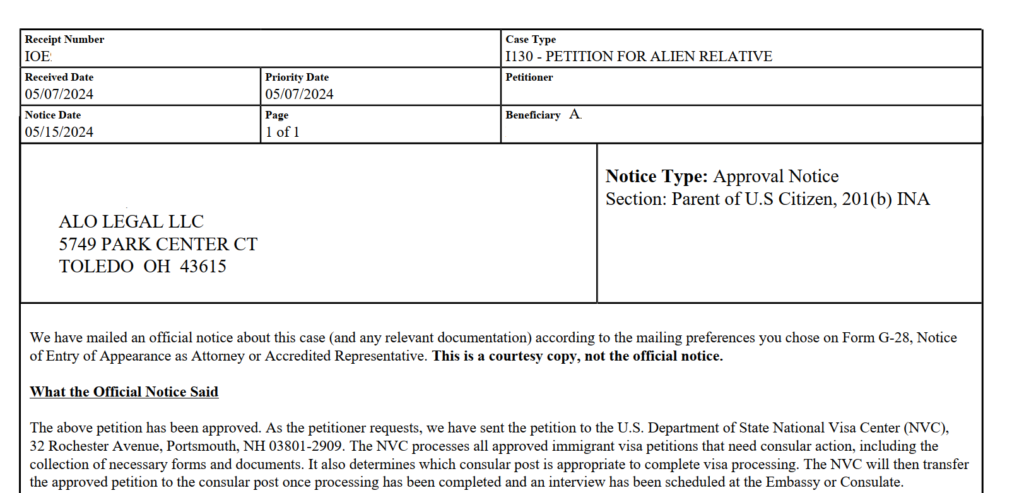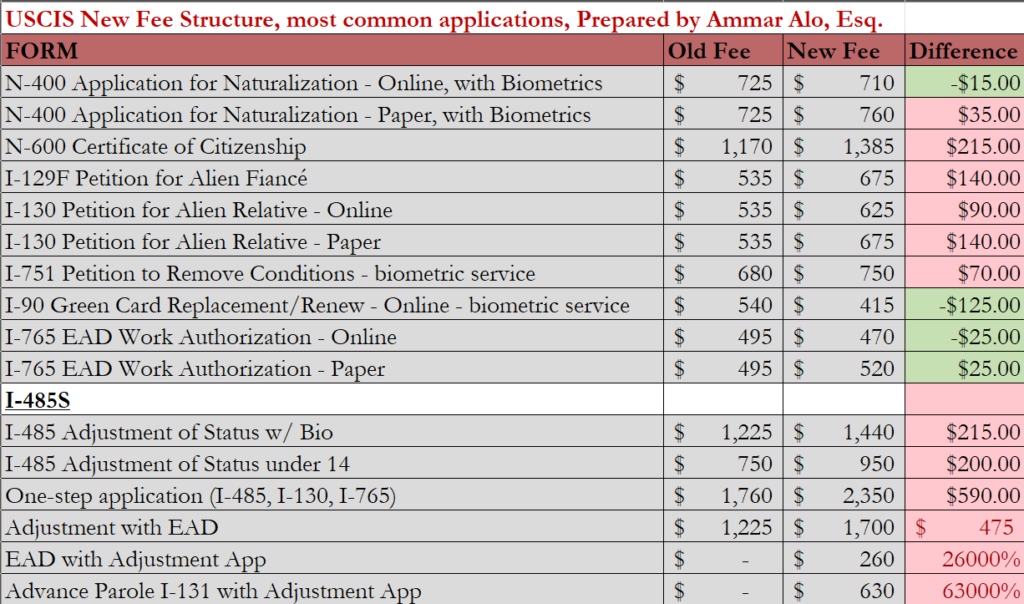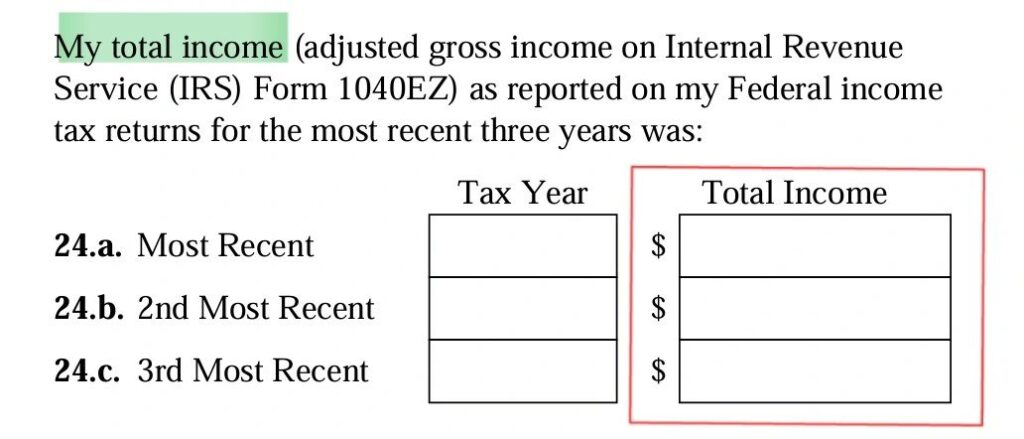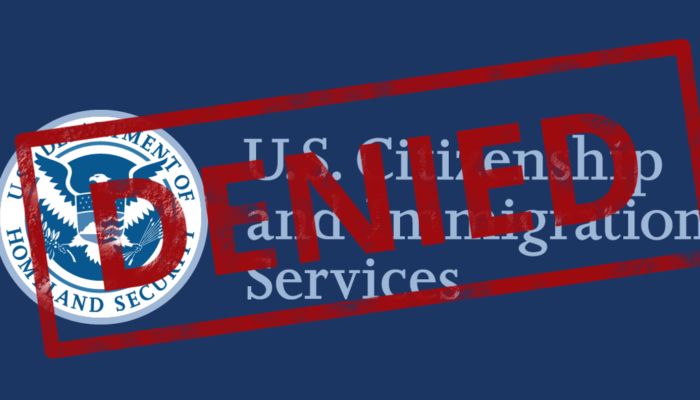On June 17th, 2024, the Department of Homeland Security announced the expansion of Parole-in-Place to certain undocumented Spouses, children and stepchildren of US Citizens. This move does not magically make people who are ineligible for Permanent Residency suddenly eligible. It does, however, remove a large obstacle for some who are otherwise eligible.
The barrier that has been removed is the requirement to travel outside the US in order to obtain their immigrant visas (Green Cards). This new PIP expansion allows them to apply in the U.S. if they have been here for at least 10 years.
This is a great move in my opinion as it removes a huge obstacle for many who were afraid to leave the country. All of the individuals who will now qualify for PIP have deep roots in their communities, and have been in the US for at least 10 years. This will bring them into the fold of the legal immigrants, and allow them to come out of the shadows.
More to come in future posts once we get more details. Until then, stay tuned for updates.
Source: https://www.dhs.gov/news/2024/06/17/fact-sheet-dhs-announces-new-process-promote-unity-and-stability-families
No matter where you are located, around the corner, anywhere in the US or abroad, we can help you. Our convenient local offices are inviting, and accessible. We also offer our services virtually through video meetings and electronic documents. We go out of our way to make sure that you feel comfortable and prepared for whatever immigration situation you may be facing.
We don’t cut corners and give our clients the run around. We put you first!
Contact top rated Immigration Lawyer, Ammar Alo, to help you reunite with your family.
(734) 215-5242 Michigan
(419) 913-1580 Ohio
Contact top rated Detroit immigration Lawyer, Ammar Alo, to help you reunite with your family.













